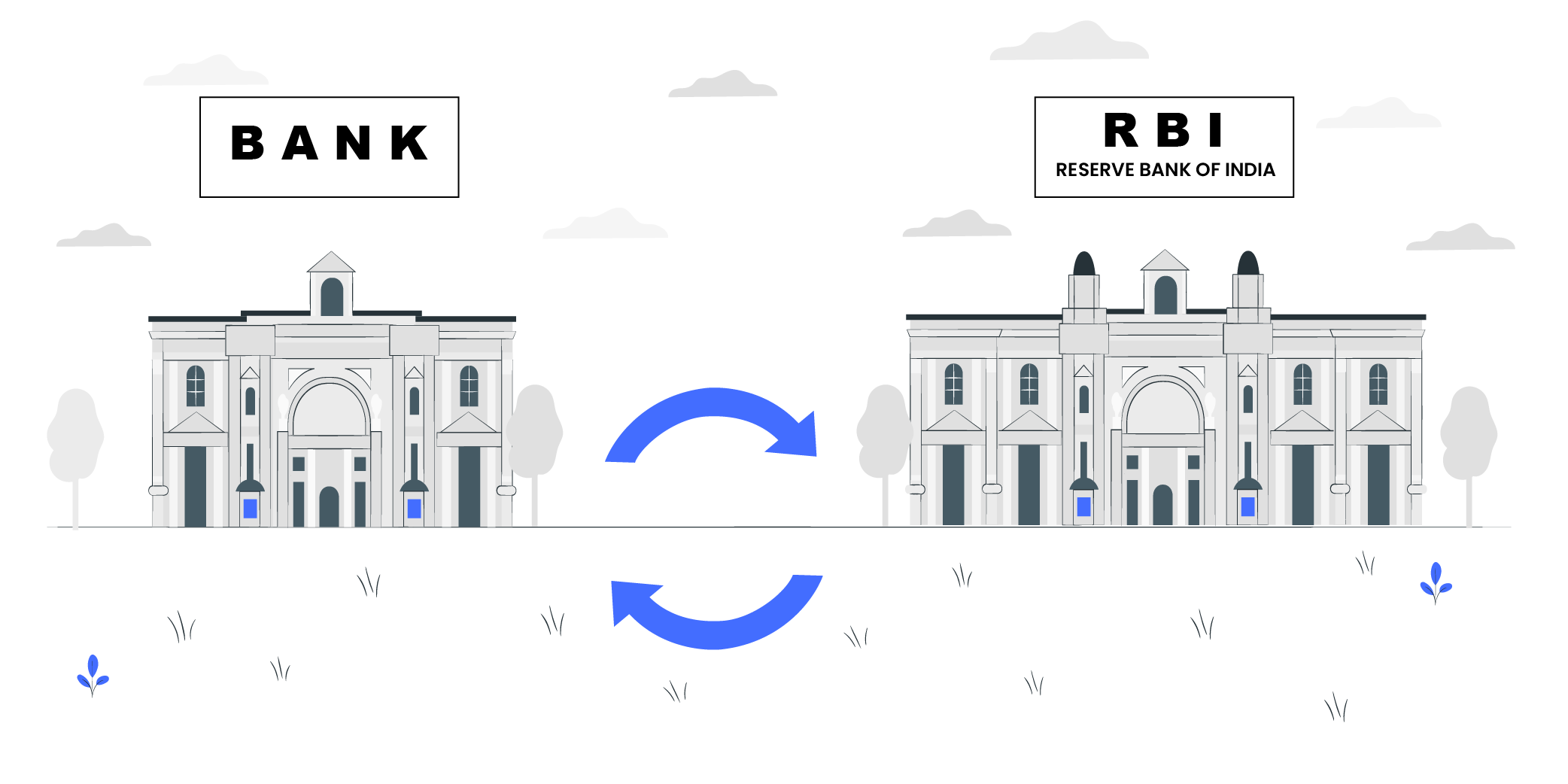FOMO is said to push people towards making bad financial decisions. Can anything good come out of this anxious feeling?
What Is FOMO Anyway?
FOMO, Fear Of Missing Out, is a word that was added to the Oxford dictionary in 2013, and it is the nervous or anxious feeling a person gets when they realize they are missing out on something that is considered to be a buzzing event amidst others. For example, sometimes people get FOMO when they realize they are not attending a social event because they were not invited, couldn’t attend or they just did not feel like going.
FOMO is especially common in people between the ages of 18 to 33. With the advent of social media, FOMO has become a bigger issue. When young people miss a party or do not go on a family vacation, they can feel a little less cool than those who did and posted photos online. Some psychologists say that FOMO drives people to use technology to let others know, not only what they are doing but also how much fun they are having doing it.
FOMO & Finance
FOMO has affected most parts of every human being’s lives, mainly their social lives. Surprisingly, FOMO can affect your financial decisions as well. If you think that you might be someone who doesn’t follow the “trends” in the financial world, you might be surprised if we tell you that you might be falling for them. Since personal finance is not taught to us in school or college, we tend to go by other people’s experiences and choices.
When certain financial products, like Bitcoin, became extremely popular a couple of years ago, we were seeing many news articles about teenagers making millions off of it. Influenced by these stories, many jumped on the bandwagon to make a quick buck. Not only newbies, but veteran investors also wanted to make money from cryptocurrencies.
When The Guardian reporter Sirin Kale spoke to Noor in June 2021, the latter said how she started reading about cryptocurrencies online, and wanted to invest in them. After seeing initial success with Bitcoin, Noor began investing in other cryptocurrencies like Ripple. She also invested in companies that invest in the legal cannabis industry, psilocybin research brands, Beyond Meat, BioNTech, businesses developing gene-editing technology and psychedelic medicine and gold and silver. She also learned about the online “meme stock” movement.
But everything came crashing down soon. At first, Ripple plunged, and then, Noor got into the GameStop mania too late, and lost even more money. She told The Guardian how she couldn’t eat and was just constantly looking at her phone. The article went, “She spent even more time online looking for stock recommendations as a way of clawing back some of the money she’d lost, or else buying what other people were investing in on the popular trading apps”.
At the time of speaking, Noor had lost her £10,000 initial investment. Noor is just one of those people who bought stocks and assets based on internet hype and didn’t want to feel left out and wanted to cash in. However, they ended up losing more than they could handle.
Experts Say The Same
Any financial product that offers higher returns in a short period of time comes with a lot of risks. When the pandemic began and people started getting bored during the lockdown, they began exploring stock markets, digital assets, ETFs and more. Although seeing investors, who usually choose traditional instruments, opt for Mutual Funds to grow their wealth makes us all happy, the same newbies going for high-risk assets without any experience makes us very worried.
Behavioral finance experts say the same. Shari Greco Reiches, a wealth manager and behavioral finance expert, told CNBC Make It, “Watching others make a lot of money on a certain stock or token having a massive rally may make you feel obligated to join in and get in on the gains, even if the logical part of your brain is telling you that the biggest rewards have already been had.”
Reiches added, “… knowing that friends and acquaintances have already had financial success with a certain investment can give you an unfounded sense of confidence about your investment choice, which could result in you ignoring advice from experts that you might normally take. They think that they know more than the 5,000 research analysts out there because their friends own [the stock].”
In The End…
We understand that it feels good when we buy a stock and it makes us 30% return in 3 days. When there is a sudden surge in the value of a certain stock a digital asset or an ETF, it might feel good to jump on the bandwagon and make a quick buck. However, you should also think about whether you will be able to handle it if the stock goes down by 30% in 3 days.
Hence, before taking the plunge, it is better to talk to either a financial advisor or do some self-research. Instead of solely relying on the excitement generated by others, it is a good idea to take your time and be rational before investing in any of these high-risk products. If you are someone who already has a lot of risky assets in your portfolio, you can choose Mutual Funds or Smart Deposits and diversify your portfolio with Koshex. Create an account with us today and create a better investment portfolio for yourself!









Leave a Comment